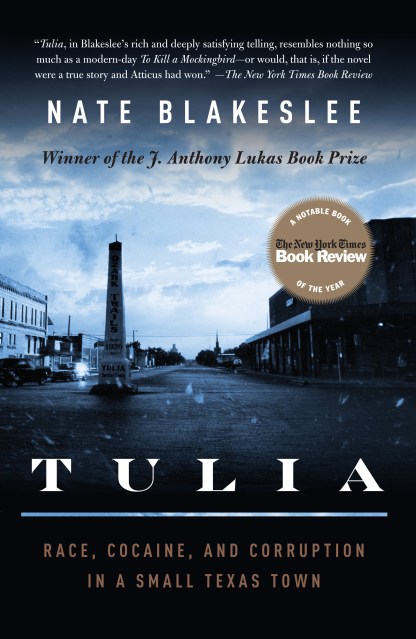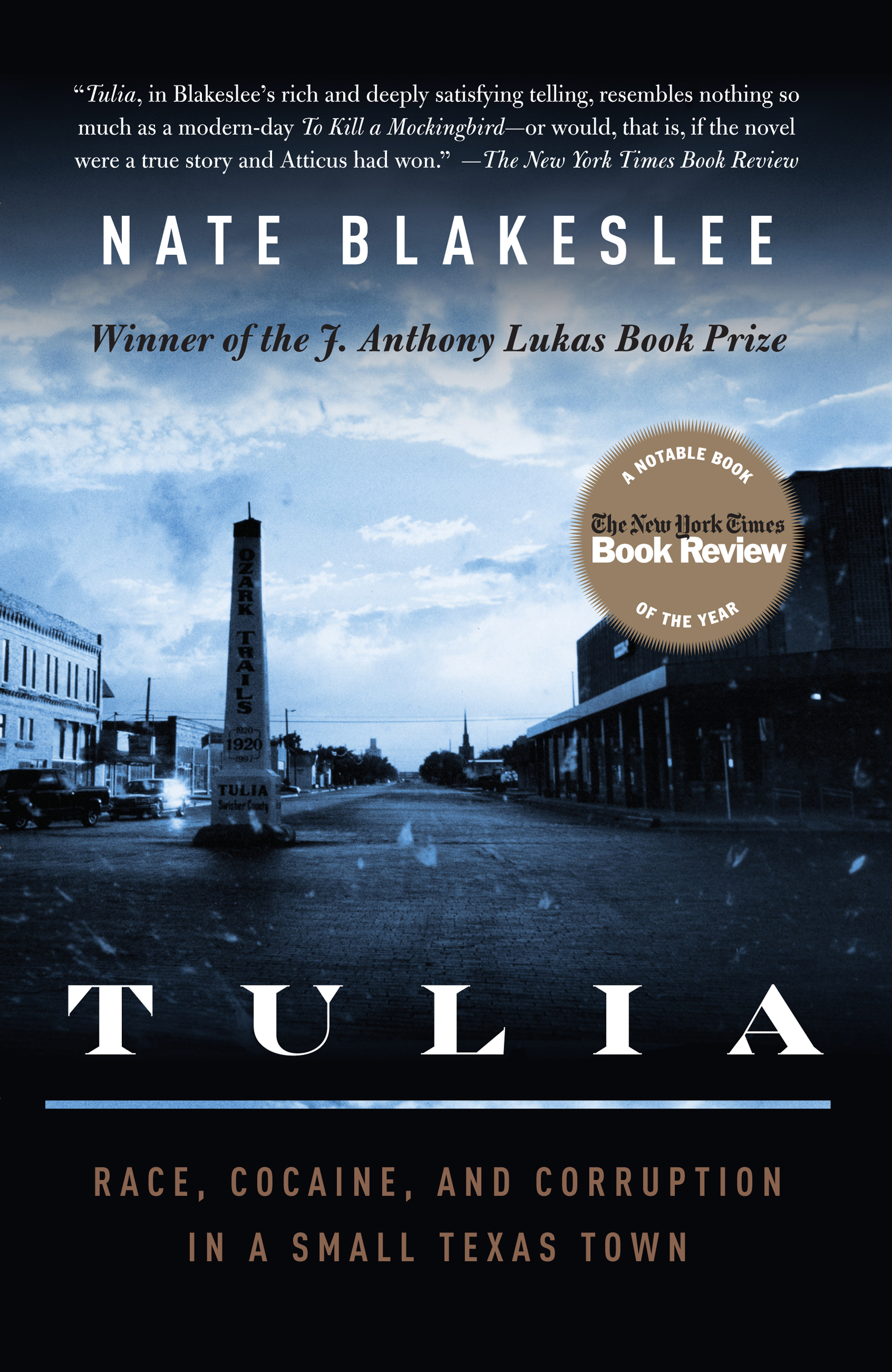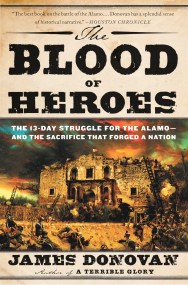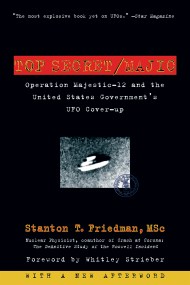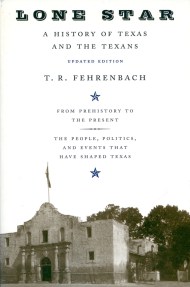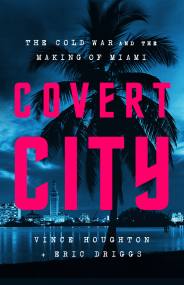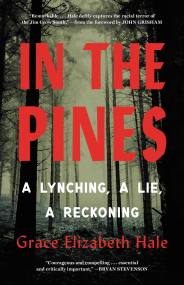Tulia
Race, Cocaine, and Corruption in a Small Texas Town
Contributors
Formats and Prices
Price
$12.99Price
$16.99 CADFormat
Format:
- ebook $12.99 $16.99 CAD
- Trade Paperback $24.99 $31.99 CAD
This item is a preorder. Your payment method will be charged immediately, and the product is expected to ship on or around September 12, 2006. This date is subject to change due to shipping delays beyond our control.
Also available from:
In the summer of 1999, in the tiny west Texas town of Tulia, thirty-nine people, almost all of them black, were arrested and charged with dealing powdered cocaine. At trial, the prosecution relied almost solely on the uncorroborated, and contradictory, testimony of one police officer. Despite the flimsiness of the evidence against them, virtually all of the defendants were convicted and given sentences as high as ninety-nine years.
Winner of the J. Anthony Lukas prize for excellence in nonfiction, Tulia is the story of this town, the bust, the trials, and the heroic legal battle that ultimately led to the reversal of the convictions. But the story is much bigger than the tale of just one bust. As Tulia makes clear, these events are the latest chapter in a story with themes as old as the country itself. It is a gripping, marvelously well-told tale about injustice, race, poverty, hysteria, and desperation in rural America.
-
Winner of the J. Anthony Lukas Prize
A New York Times Notable Book
-
"A devastating critique of Texas' judicial system and the nation's drug laws. But it is foremost a riveting legal thriller about the inspirational men and women-including those in and around Tulia-who refused to let the injustice stand. Atticus Finch, after all, was from a small Southern town, too. And Tulia, in Blakeslee's rich and deeply satisfying telling, resembles nothing so much as a modern-day To Kill a Mockingbird."Sara Mosle, The New York Times Book Review
-
"Blakeslee's excellent and eminently readable book is a wonderful story of justice triumphant... his vivid portrait of law enforcement gone wrong suggests that there are more Tulias than there are lawyers dedicated enough to expose them."David Garrow, The Washington Post Book World
-
"A first-rate piece of 'injustice' journalism, the kind of book that outrages while it fascinates. . .. A prime example of true crime reporting. The bonus is that it may be second only to Buzz Bissinger's Friday Night Lights as a slice of hardscrabble Panhandle life. . . . A dramatic, David-vs.-Goliath story."Jerome Weeks, Dallas Morning News
-
"[Blakeslee's] reporting . . . is superb."Steve Weinberg, San Francisco Chronicle
-
"Blakeslee's book is a cautionary tale; a fine example of true-crime reportage crafted of practical prose, reminding us that in the absence of practical solutions to our social ills, the tragedy in Tulia will never be considered a mere aberration."Austin Chronicle
-
"Reporting at its very best."Tucson Citizen
-
"The story of Tulia is about much more than even the subtitle of Blakeslee's book suggests. It's about America writ large. That's the real story that Blakeslee found in the Panhandle."Barbara Belejack, Texas Observer
-
"[An] eye popping book of reportage."Newark Star-Ledger
-
"Those familiar with the travesty of justice that led to multiple bogus drug arrests in the small Texas town of Tulia only from newspaper accounts will be outraged anew at this eye-opening narrative that bears comparison to such courtroom and litigation classics as A Civil Action.... A masterpiece of true crime writing."Publishers Weekly
-
"Blakeslee's prose is crystalline....Blakeslee's portrait of Tulia-a place where white and black live side by side but separately and warily-is indelible."Mother Jones
- On Sale
- Sep 12, 2006
- Page Count
- 304 pages
- Publisher
- PublicAffairs
- ISBN-13
- 9780786735464
Newsletter Signup
By clicking ‘Sign Up,’ I acknowledge that I have read and agree to Hachette Book Group’s Privacy Policy and Terms of Use
